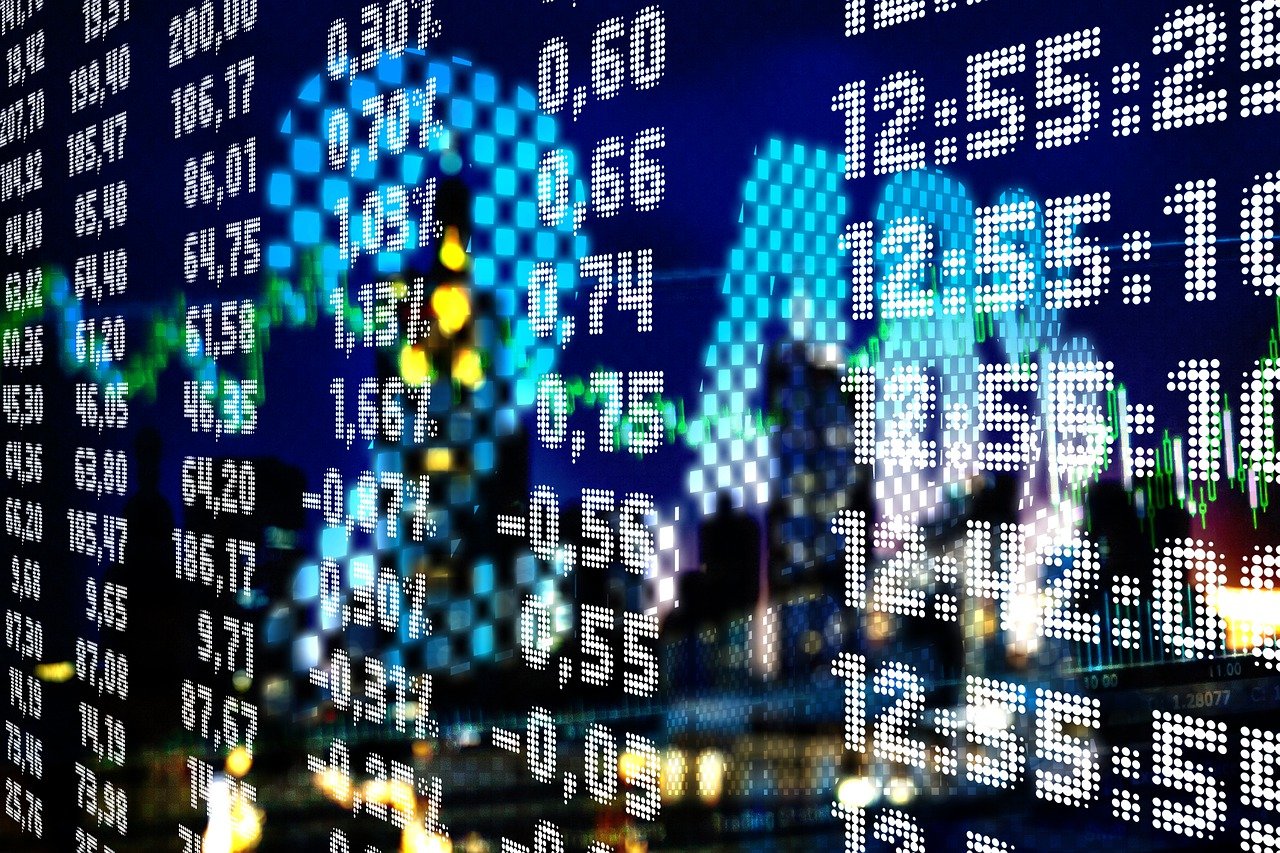The world in 2025 is a whirlwind of challenges, from raging conflicts to environmental tipping points. At NQTV365, we’ve tracked global events for years to bring you the crises that demand your attention. These issues aren’t just headlines they’re reshaping lives, economies, and borders. Whether it’s war disrupting communities, climate change hitting food supplies, or political shifts sparking tension, understanding these crises helps you make sense of a complex world. This article dives into five major global crises in 2025, explaining what’s at stake and why they matter. From the Middle East to small island nations, we’ll unpack the forces driving these events and their ripple effects. Stay informed with NQTV365’s clear, no-nonsense take on the crises defining 2025 and what they mean for you.
Middle East Tensions Escalate
The Middle East remains a flashpoint in 2025, with conflicts intensifying in Gaza and beyond. Ongoing fighting between Israeli forces and Palestinian groups has led to devastating losses, with thousands caught in the crossfire. Hunger crises are worsening, as aid struggles to reach those in need. Recent reports highlight children dying from malnutrition, a heartbreaking sign of the war’s toll. Ceasefire talks are stalled, with both sides digging in, and international calls for peace grow louder but less effective. This crisis matters because it’s not just local it fuels global debates on humanitarian aid and diplomacy. Oil prices, already shaky, could spike if tensions spread to key producers like Saudi Arabia. For everyday people, this means higher gas and food costs. The conflict also risks pulling in neighboring countries, creating a wider regional storm. Staying updated is key, as shifts here ripple across global markets and politics.
Climate Change Hits Food Security
Climate change is no longer a future threat it’s hitting hard in 2025. Extreme weather, from floods in the U.S. to droughts in Africa, is driving up food prices. Crops are failing, and farmers are struggling to keep up. Small nations like Vanuatu face rising seas and storms, disrupting fishing and agriculture. These changes threaten millions with hunger, especially in poorer regions where food is already scarce. For you, this means higher grocery bills and tougher choices at the store. Wealthier nations aren’t immune floods in the U.S. Midwest have cut crop yields, pushing prices up 10-15%. Solutions like sustainable farming are gaining traction, but they’re slow to scale. This crisis demands global cooperation, as no country can solve it alone. Keeping an eye on climate policies can help you plan for rising costs.
Ukraine-Russia Peace Talks Gain Momentum
After years of war, Ukraine and Russia are inching toward peace talks in 2025. Both sides are exhausted, with economies strained and casualties mounting. Recent meetings in neutral countries like Qatar signal hope, with agreements to pause fighting in some areas. But trust is low, and any deal faces hurdles, like territorial disputes and rebuilding costs. This matters globally because the war has disrupted energy and grain supplies, spiking prices worldwide. A ceasefire could stabilize markets, lowering gas and food costs. For individuals, this means potential relief at the pump and grocery store. But if talks fail, expect more volatility. Watching these negotiations helps you understand how global stability affects your wallet.
Migration Challenges Spark Global Debate
Migration is a hot-button issue in 2025, with millions fleeing conflict, climate disasters, and poverty. In Europe, small boat crossings from Africa to the UK are rising, prompting crackdowns on smuggling gangs. In the U.S., new detention policies are stirring controversy. These moves reflect growing tensions over borders and resources, with right-wing parties pushing stricter rules. This crisis hits home through higher taxes to fund border security or aid. It also fuels political divides, affecting elections and policies. For communities, more migrants can strain local services but also bring new energy and skills. Understanding this issue helps you navigate its impact on your taxes and local economy.
Economic Shifts and Trade Tensions
Global trade is under strain in 2025, with U.S. tariffs on imports causing ripples. Countries like China and Brazil are pushing back, warning of higher prices for goods. These tensions could slow economic growth, hitting jobs and savings. Meanwhile, digital currencies like Bitcoin are shaking up traditional markets, adding uncertainty. For you, this means pricier imports, from electronics to clothes. Small businesses may struggle, while big firms adapt faster. Keeping an eye on trade policies helps you plan purchases or investments. Diversifying savings, like mixing stocks and crypto, can cushion against market swings.
The world in 2025 is navigating crises that touch every corner of life, from Middle East conflicts to climate-driven food shortages. NQTV365’s breakdown of these five issues war, climate, peace talks, migration, and trade shows what’s at stake and how it hits your daily life. Stay informed to make smart choices, whether it’s budgeting for higher prices or understanding global politics.
Disclaimer: This article is for informational purposes only and does not constitute professional advice. Consult experts for specific guidance.
Author
-

Tyler Grayson brings global events to your screen with clarity, depth, and context. With a background in political science and international relations, Tyler covers diplomacy, global conflicts, climate issues, and major policy shifts with a balanced, facts-first approach. His reporting connects the dots between headlines and their real-world impact.







